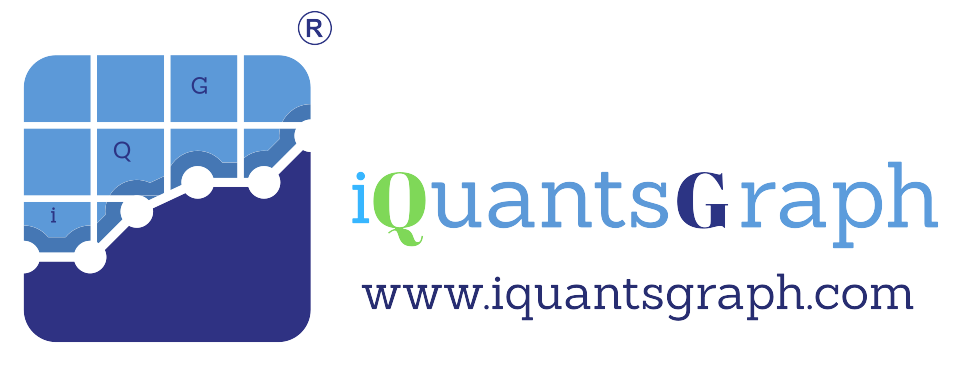
There are three exams (“levels”) that test the academic portion of the CFA program. All three levels emphasize the subject of ethics. The material differences among the exams are:
This topic area is dominated by statistics: the topics are fairly broad, covering probability theory, hypothesis testing, (multi-variate) regression, and time-series analysis. Other topics include timthe e value of money —incorporating basic valuation and yield and return calculations—portfolio-related calculations, and technical analysis.
To enroll in the CFA Program and register for your first Level I exam, you must have:
For more information about exam slots review the CFA site mentioned below.
https://www.cfainstitute.org/pages/index.aspx
After done with all your registration, check for CFA professional training classes.
CFA certification ensures better earnings for professionals in India as well. An entry-level CFA holder earns an average annual salary of Rs. 3 lakhs and with the growing years of experience, the salary figure keeps increasing. Having seven to eight years of experience, a CFA holder can earn an average annual salary of Rs. 12 lakhs. The employer type and working ground also play a major role in deciding on the CFA salary. Companies irrespective of size have been paying handsome salaries to CFA credential holders in India. The average annual salary of experienced CFA holders across Indian cities is mentioned below.
Besides, the USA and India, CFA has a better earning scope for professionals in the finance field worldwide. The average annual CFA salary in the UK is £28,350 and has the scope of earning up to £98,529. In Singapore, a CFA credential holder earns from S$ 15k to S$ 235k annually. Thus, the credential pays back much more than the CFA exam costs to professionals. However, these figures are not standard and might vary based on different factors.
To know more request you to send detailed requirements on info@iquantsgraph.com, our team shall revert with the proper solution in the next 48 hours.
The CFP Certification Examination is a multiple choice, computer-based exam consisting of 170 questions, broken into two sessions separated by a 40-minute break. Candidates have up to three hours to complete each session. The exam includes two case studies, multiple mini-case problem sets and stand-alone questions designed to assess the student’s ability to apply his or her knowledge of the aforementioned areas to financial planning situations. Prior to 1993, CFPs were allowed to maintain their certification without having to pass this exam.
